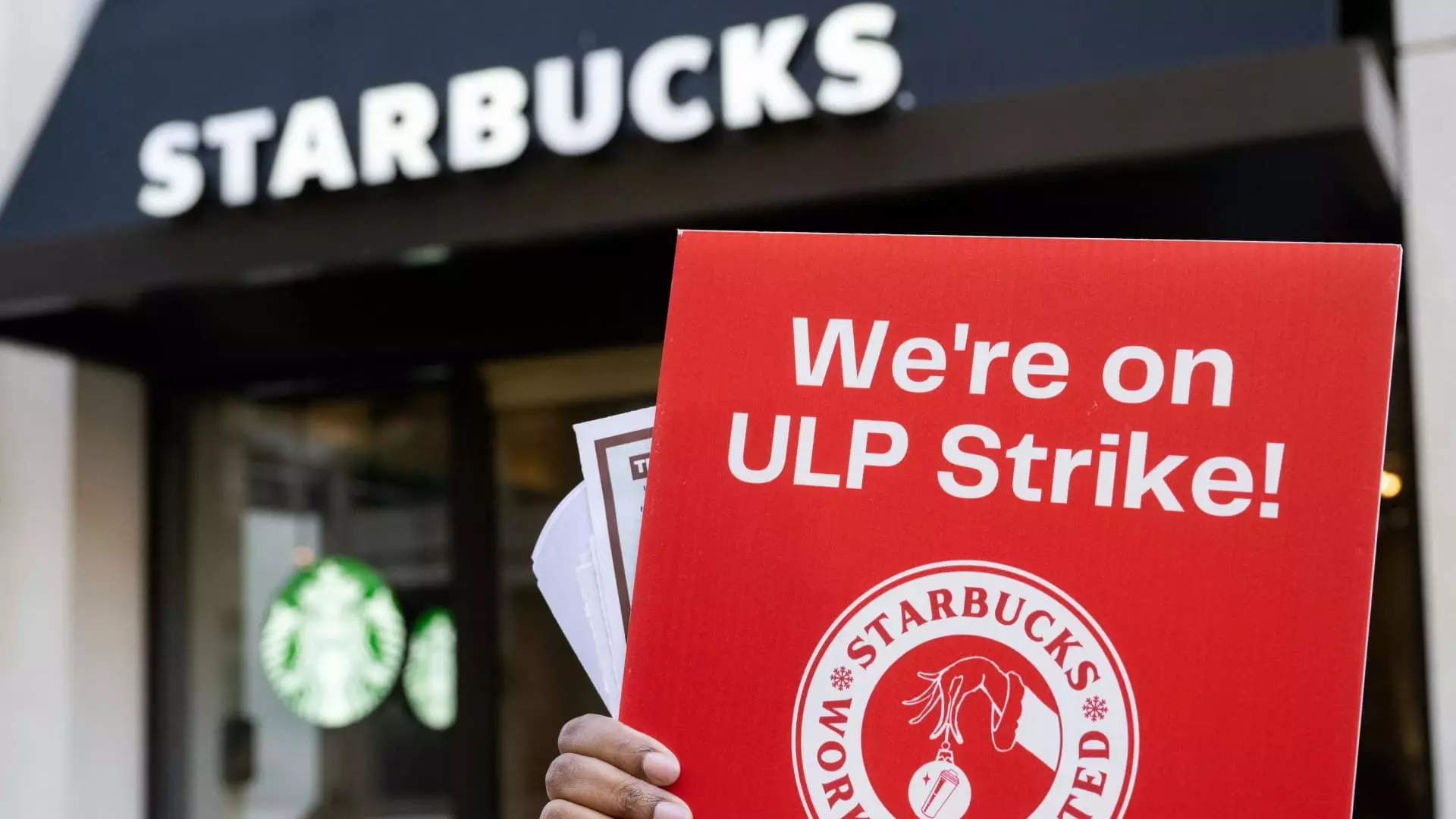The recent proxy fight being waged against Starbucks by a coalition of unions sheds light on the coffee giant’s alleged flawed human capital management strategy. The Strategic Organizing Center has accused Starbucks of mismanagement, highlighting reputational risks, diminishing shareholder returns, and alienating customers as a result of its anti-union stance. The coalition is seeking to replace three current board members with its own nominees, signaling a significant challenge to Starbucks’ leadership.
Starbucks’ Response
In response to the accusations, Starbucks defended its board, citing the qualifications and expertise of its members in driving current operations and ensuring future success. The company emphasized its commitment to investing in and improving the partner experience, pointing to wage increases, training programs, and equipment upgrades. However, the ongoing labor dispute has continued to escalate, with baristas at nearly 400 Starbucks-owned cafes voting in favor of organizing since late 2021.
The proxy presentation by the Strategic Organizing Center, titled “Brew a Better Starbucks,” argues that Starbucks has incurred significant financial losses due to its response to the unionization campaign. The coalition claims that the company’s stock has fallen compared to its industry peers, pointing to a 6% decline since the unionization efforts began. Additionally, polling conducted by Nielsen revealed that a majority of customers would be less likely to visit Starbucks if the company were found to be in violation of federal labor laws.
The union coalition has put forth three director candidates with expertise in working with unions and labor law, aiming to provide the board with the needed diversity of talent. Starbucks, on the other hand, has recently added three new directors to its board, highlighting their experience and qualifications. However, the coalition argues that these new additions lack labor-related regulatory experience, calling into question their ability to effectively oversee the company’s business operations.
Starbucks has defended its track record of creating shareholder value and outperforming its industry peers in key metrics such as store sales growth, revenue growth, and earnings per share growth. The company also emphasized its commitment to investing in its partners and store experience, with a significant portion of its investments directed towards wage increases and training programs. Despite the ongoing labor dispute, Starbucks remains optimistic about its future prospects and its ability to navigate external challenges.
The labor dispute facing Starbucks highlights the complexities of managing human capital in a rapidly changing business environment. The clash between the union coalition and the company’s leadership underscores the need for effective communication, transparency, and collaboration to address the concerns of employees and stakeholders. As the proxy fight intensifies, both sides will need to find common ground to move forward and ensure the long-term success of the company.


Leave a Reply